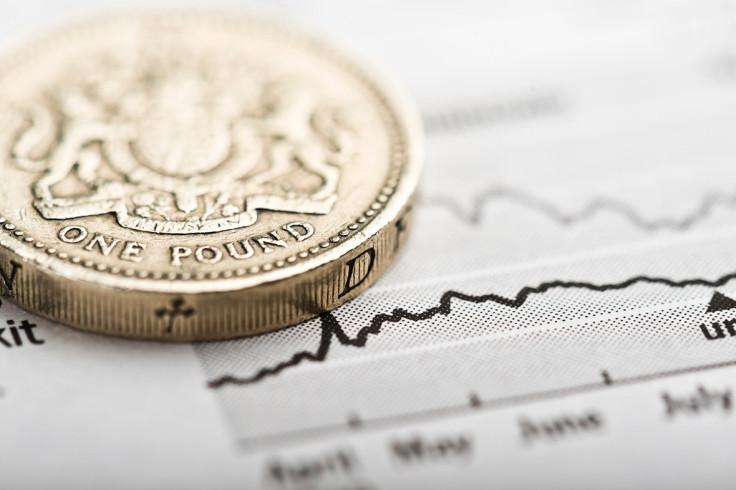FX Focus: Pound on track for 10th straight day of losses as euro rallies
Euro hits three-day high against the dollar after European Central Bank keeps interest rates unchanged.

The pound was broadly unchanged on Thursday (9 March) but remained on track for a 10th consecutive losing session, while the most significant news for the euro was the European Central Bank keeping interest rates unchanged as forecast.
Having touched a seven-week low of $1.2165 against the dollar before Philip Hammond's Spring Budget speech on Wednesday, sterling was little changed and traded at $1.2172 and €1.1533.
"The ongoing Brexit woes have effectively limited any meaningful gains on sterling during trading this week," said FXTM research analyst Lukman Otunuga.
"Investors seem to have overlooked Wednesday's Spring Budget, with sellers simply exploiting the rising anxiety ahead of the Article 50 invocation to attack the pound on Thursday. Sterling may find itself under renewed rounds of selling if the Brexit uncertainties persist this month."
Elsewhere, the euro hit a three-day high against the dollar of $1.0614, after ECB President Mario Draghi said the bank's effort to return the Eurozone to growth had been successful.
Neil Wilson, analyst at ETX Capital, said: "The euro rallied after the ECB signalled it is in no rush to do more quantitative easing, although on the whole it was not a particularly hawkish-sounding Draghi.
"Deflation is no longer the concern for the ECB – prices are not rising fast enough to warrant tapering or higher rates, but the imminent risk of deflation has passed. That's something of a watershed moment – the end of the beginning in terms of unconventional monetary policy tools, perhaps."
Addressing the media in Frankfurt, he said over four million jobs have been created in the 19-country bloc over the last three years, while real GDP has grown between 0.3% and 0.6% every quarter since 2015.
"Mario Draghi is trying to ward off his quantitative easing plan and this has become an uphill battle for him," said Naeem Aslam, analyst at Think Markets UK.
"The reason is simple because it is difficult to write off the positive impact of growing inflation and growth [...] It is in Draghi's interest to keep buying more time until we have navigated through all these [political] storms and sailing becomes smoother."
Before Draghi's press conference, the ECB announced it would reduce the size of its bond-buying programme from next month, as it kept interest rates unchanged at zero in line with market expectation.
As previously outlined, the ECB will continue to make purchases under the asset purchase programme (APP), although this will drop from the current monthly purchase pace of €80bn (£69.3m, $85.4m) to €60bn from April.
Across the Atlantic, meanwhile, the dollar pulled back slightly, as it struggled to ride the wave of Wednesday's positive jobs report.
The greenback was 0.11% lower against the Swiss Franc, trading at CHF1.0138, but rose 0.39% and 0.15% against the yen and against the Canadian dollar respectively, fetching ¥114.80 and CAD$1.3511.
According to payroll processor ADP, the US private sector added 298,000 jobs in February, the most since April 2014 and the third-best showing for jobs creation during the current economic recovery.
The figures strengthen the case for the Federal Reserve to hike interest rates this month – the odds currently stand at 80% – and only an incredibly disappointing non-farm payrolls report tomorrow could stop the US central bank in its tracks.
© Copyright IBTimes 2025. All rights reserved.






















